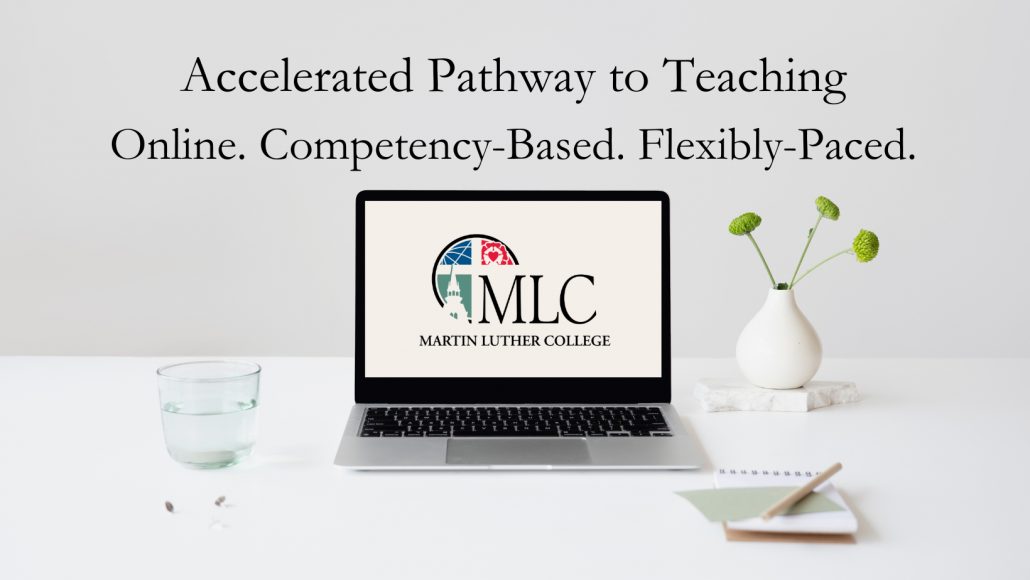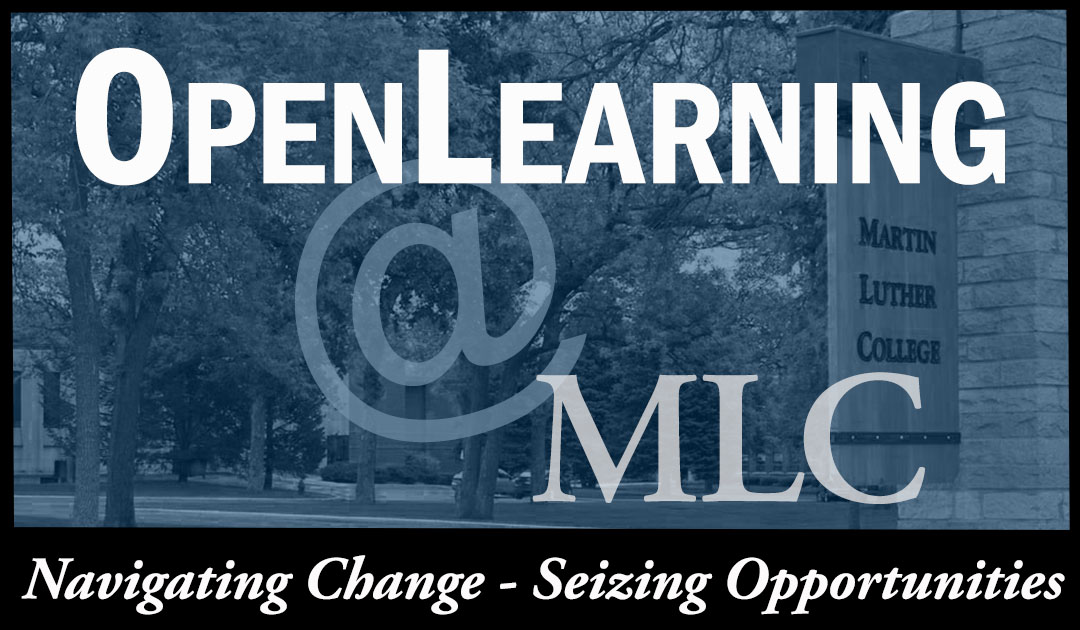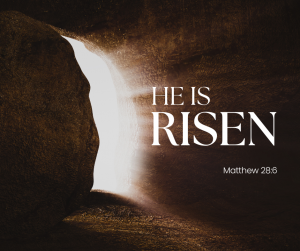
In all of our communications, we emphasize that APPLE is an accelerated pathway to teaching that is online, competency-based, and flexibly-paced. Most of the conversations we have about the program ask about two of those concepts — accelerated and flexibly-paced. We thought it might be helpful if we explained both of those terms in greater detail, especially as they work together to meet the needs of the returning adult learner this program serves.
Accelerated
APPLE is designed for the returning adult learner who wants to serve in a WELS elementary school. We realized that returning adult learners have different scheduling needs, especially those who are already serving in their congregations. Returning adult learners need to be able to make steady progress all year long. By designing the course offerings across three, fifteen-week terms, learners are able to attend courses full-time each term, completing a minimum of 12 credits a term.
APPLE also allows learners to switch between part-time and full-time status. When a learner meets with their faculty mentor to plan classes for the upcoming term, they have an earnest conversation about expected work, life, and school demands so that the learner can make an educated decision about whether to study part-time or full-time in the next term. We have designed registration as a flat tuition for each type of learner — meaning a part-time learner pays a flat tuition for 6 – 11 credits. So, a learner who needs to be part-time for a given term can still make considerable progress towards their graduation goals by completing more than the minimum required 6 credits in the term.
Flexibly-Paced
The majority of the coursework for the APPLE program is flexibly paced.
The eighteen credits for the Competency-Based Theological Education (CBTE) Minor are not flexibly paced. These courses span the fifteen-week term and include weekly, synchronous virtual class meetings and interactive discussion boards. The design is intentional. Our faculty developed these courses not only as a space to share our faith and doctrine, but also as a space for you to grow in your faith. Faith development takes time.
The remaining courses in the program are flexibly paced. When a learner begins a course, they are given an overview of the course and its content and provided with a pacing guide to complete the course in five weeks, seven weeks, or fifteen weeks. The content overview helps the learner make a reasonable decision. For example, someone with a strong math background may review the course overview for Math for Educators and realize that much of the content is very familiar to them. They may then decide that this course is achievable in five weeks and follow the accelerated pacing guide to complete the course in that time frame. That same learner may review the course overview for Human Growth and Development and decide that some of the content is familiar and some is new, and select the seven-week pacing guide. Finally, when that learner engages with Teaching Religion, they may want to engage with that class over fifteen weeks to prepare for the devotions, catechism, and Bible history lessons they will lead in their classroom. The flexible pacing also makes it possible for learners to complete the coursework around their family, work, and community obligations, so that a busy week at home does not mean a learner misses a major assignment.
In order to allow for such individualized pacing, the courses do not rely on required group work or discussion boards. There are, though, weekly virtual class meetings with the faculty member teaching the class to address the learners’ questions, review concepts from the course, and discuss expectations for assignments and assessments.


 Inventory of Christ Light Materials
Inventory of Christ Light Materials Even though summer just started, the fall term will be here soon. APPLE 202526 Term A begins on September 1, and we are excited to welcome a new cohort of learners to the program and support those continuing their studies with us.
Even though summer just started, the fall term will be here soon. APPLE 202526 Term A begins on September 1, and we are excited to welcome a new cohort of learners to the program and support those continuing their studies with us.
 This past weekend, the MLC campus celebrated our May graduation. While that celebration is certainly important, it pales in some ways to the Call Service that follows the graduation ceremony. Families, friends, classmates, and recently graduated education and staff ministry students return to the same room where they just celebrated their graduation to attend the Call Service. Together, the graduates listen to hear their name assigned to their first call to serve in the public ministry of the WELS. Within the span of a few hours, one chapter in our students’ lives closes and another begins.
This past weekend, the MLC campus celebrated our May graduation. While that celebration is certainly important, it pales in some ways to the Call Service that follows the graduation ceremony. Families, friends, classmates, and recently graduated education and staff ministry students return to the same room where they just celebrated their graduation to attend the Call Service. Together, the graduates listen to hear their name assigned to their first call to serve in the public ministry of the WELS. Within the span of a few hours, one chapter in our students’ lives closes and another begins. Over the course of this week, Christian schools and churches remember the perfect life, painful death, and promised resurrection of Jesus Christ.
Over the course of this week, Christian schools and churches remember the perfect life, painful death, and promised resurrection of Jesus Christ.

